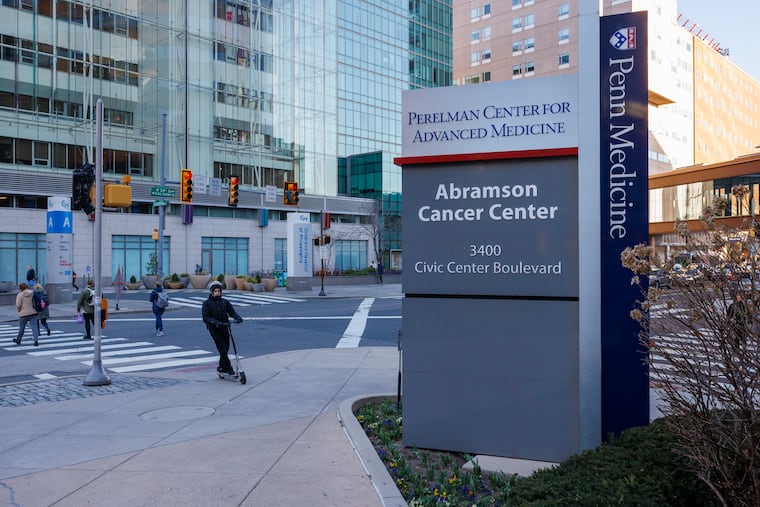UPenn will share $125M in research grants with national cancer institute partners
The Parker Institute for Cancer Immunotherapy brings together national cancer researchers studying the immune system's role in fighting cancer.

The University of Pennsylvania has renewed a national cancer research partnership focused on studying how the body’s immune system can be used to fight — and maybe cure — cancer.
Penn was a founding member of the Parker Institute for Cancer Immunotherapy in 2016. The organization was created with a $250 million gift from Silicon Valley entrepreneur Sean Parker with the goal of bringing together the leading researchers in cancer immunology.
PICI announced last month that it would invest an additional $125 million in research efforts, clinical trials, and training for early-career scientists at Penn and other members of the PICI network.
“Being part of PICI has opened new doors for teamwork across institutions that has already proved to be very fruitful in moving immunotherapy forward as a pillar of cancer treatment,” Carl June, director of the PICI Center at Penn and the university’s Center for Cellular Immunotherapies, said in a statement.
June was among the first scientists who developed chimeric antigen receptor T cell, CAR-T, therapy for blood cancers. The technique involves removing T cells, a type of white blood cell, genetically modifying them to target cancer cells, and infusing them back into the bloodstream.
» READ MORE: Emily Whitehead was the first child cured of cancer with therapy from Penn. She’s back as a freshman.
CAR-T is considered a cure for certain types of blood cancer, such as childhood leukemia. But researchers have struggled to find ways to apply the technique to solid tumors, which account for the vast majority of cancers, such as cancers of the breast, lungs, and prostate.
The new $125 million in PICI funding will be distributed as grants over the next five years.
The PICI network also includes Stanford University; University of California, Los Angeles; University of California, San Francisco; Weill Cornell Medicine; Dana-Farber Cancer Institute; and the Gladstone Institutes.